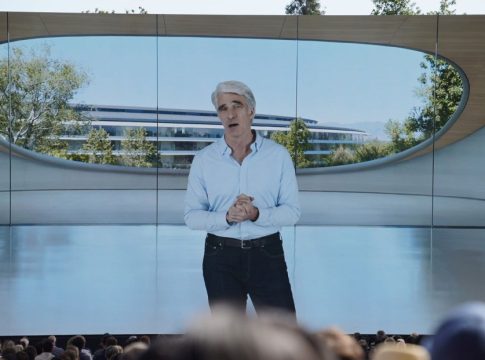Apple Holds Back on Siri Upgrade: A Lesson in Quality Over Haste
In a move that underscores its commitment to quality, Apple has announced a delay in the rollout of its anticipated Siri upgrade, initially promised for release this year. During a session at the recent Worldwide Developers Conference (WWDC), Apple executives Craig Federighi, Senior Vice President of Software Engineering, and Greg Joswiak, Senior Vice President of Worldwide Marketing, shed light on their decision.
The Weight of Expectations
Apple had long been hinting at a more advanced Siri, one that could understand users’ personal contexts and perform tasks seamlessly across various applications. However, as the development process unfolded, it became clear that the technology didn’t meet the company’s rigorous standards. “We weren’t able to achieve the reliability in the time we thought,” Federighi commented, emphasizing the challenge of creating a dependable AI assistant in today’s landscape.
This isn’t the first time Apple has faced scrutiny over its software capabilities. The delay echoes past experiences with other high-profile launches where a rushed product led to disappointing experiences for users. In the world of artificial intelligence, delivering reliable automation is no small feat; even tech giants are struggling to get it right.
The Pursuit of Perfection
Joswiak echoed the sentiment of prioritizing quality over speed. “We don’t want to disappoint customers,” he said, noting that releasing an unreliable feature would ultimately lead to more dissatisfaction. The executives indicated that, despite early successes and promising prototypes, they felt the technology was not ready for prime time. "We wanted to be the first. We wanted to do it best," Federighi explained, suggesting that Apple is taking a strategic approach, aiming not just for functionality but for excellence.
Context in the AI Landscape
As artificial intelligence continues to evolve, several firms have begun to introduce powerful bots capable of performing complex tasks. However, the industry is rife with examples of technologies that have not fulfilled their promises. Apple’s quest for a seamless, reliable assistant places them in a competitive race against rivals like Google and Amazon, who face their own hurdles in this area.
Looking Forward
This delay raises important questions about the future of AI tools in our daily lives. Users are becoming increasingly reliant on smart assistants, and the demand for reliability is at an all-time high. Apple’s decision to hold back could serve as a pivotal moment, not just for its own brand, but also for the industry, illustrating that sometimes it pays to prioritize quality over immediate launch timelines.
In a technology landscape where swift updates and releases are the norm, Apple’s approach could redefine expectations for AI reliability. As the company gears up for a more polished release, users will be watching closely to see if this commitment to quality translates into a breakthrough Siri experience. Only time will tell if the delay was indeed the right call, but for now, it appears that excellence is the new benchmark in the race for smarter AI.

Writes about personal finance, side hustles, gadgets, and tech innovation.
Bio: Priya specializes in making complex financial and tech topics easy to digest, with experience in fintech and consumer reviews.

